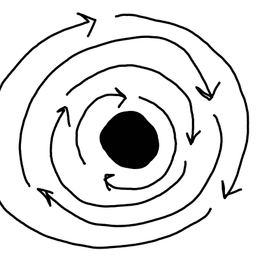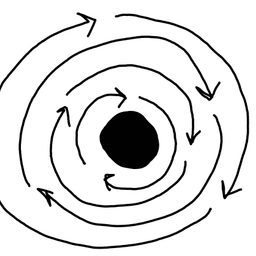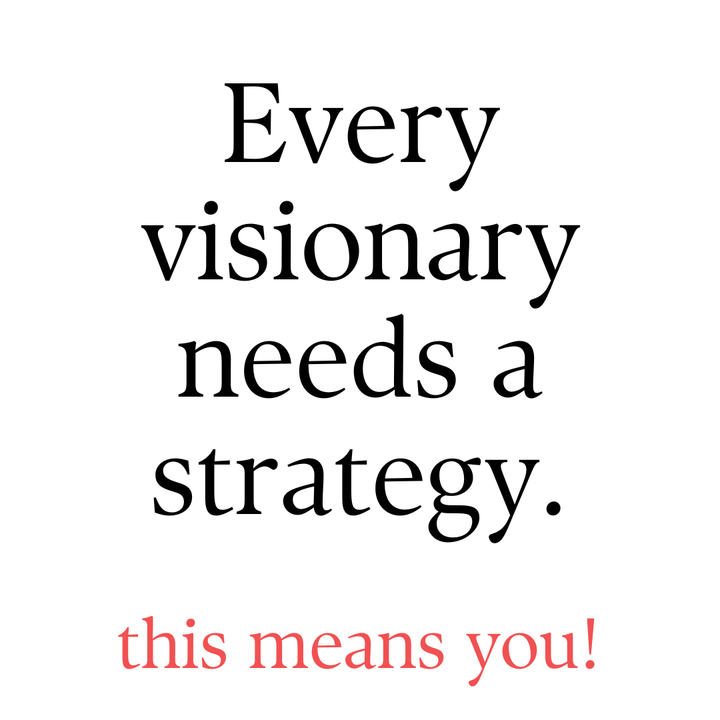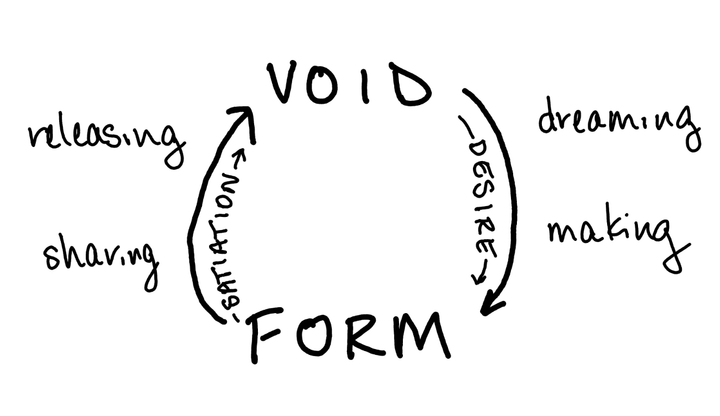How to Make a Personal Website in Five Increasingly Existential Steps
A surprisingly practical guide, because everyone deserves a personal website.

First, choose your URL.
People call it a "domain" but I find the implications of that word less than preferable. (Eminent domain, manifest destiny, dominion, all of that.) Remember when it was normal for people to be a "webmaster"? Anyway.
Did you know you can have all sorts of URL endings these days? (These are also called top-level domains, or TLDs.) So many options! .love, .gay, .studio, .blue, .dad, .lol, .city, and so many more!
I think it's nice to get a .com version of your full name if you can, but you can also get a fun domain ending or two. You can use these for a side project or just direct them to your main site.
I use Porkbun to register my domains. Careful to avoid .xyz domains because some places block those since they can be associated with spam.
And if you want to think more about domains:
- The Internet's Many Branches by Ernie Smith
- Why You Won't Find Tuvalu on a Map of the World's Internet Domains by Will Oremus
- All the Domains by Jason Santa Maria
- Domain Naming by Chia Amisola
- Yugoslavia's Digital Twin: What happens when a country's internet domain outlives the nation?
Second, reflect on what you absolutely cannot stand.
It's time to choose where your site will live.
To do that, you'll have to think about what you need and want, but you'll also have to think about what you find so unbearably irritating in a web service provider that you have to rule it out as an option. You want to feel excited to update your site, not annoyed. And that looks different for everyone.
For example, here are some things that some people don't mind and some people can't stand:
- An analytics dashboard on your homepage
- "AI-powered" anything or everything
- A platform that's a venture capital start-up and/or owned by an entity you find objectionable
- Constant upsells on your website plan
- Unattractive or unintuitive interface design (this is subjective)
- Things are slow to load
- The service refers to you as a "creator" and your artistic work as "content"
Of course, there are many more.
My point is that there are lots of options out there for your personal website, so there's no reason to start off with a tool that annoys you without making a serious effort to find something that's a better fit.
Pay attention to the vibe while you look at different tools, and if you just don't like using one, then don't use that one. Don't expect to "get past it" because "everyone else doesn't seem to mind."
Also, on a practical level:
- How often are you planning to update your site?
- Do you want it to have a blog or other regular updates, or will it mostly stay the same?
- Are you expecting to have a lot of pages, or just a few?
- Do you mostly want a place for your writing, with most pages looking similar to each other, or are you wanting complex visuals and layouts that look different for every page?
You'll also want to think about how long the site building tool has been around, who owns it, and how easy or difficult it would be to move your work elsewhere if you needed to.
And what's your relationship with analytics? We'll come back to this.
Here's my quick-and-dirty, totally not comprehensive guide to website builders you might want to try
- You just want a blog/place for your writing – try Pika, Bear Blog, or Blot
- You don't want a blog, just a simple page or two – try Carrd
- You want something more visually exciting than that – maybe mmm.page? Or Framer or Readymag?
- You want to build a site that might get pretty big, it needs a blog and lots of pages – maybe Squarespace?
- You want to be really independent of platforms even if you need to write some code – you want a static site generator! Try Eleventy or Jekyll.
- You do all your writing in Notion - super.so
- You do all your writing in Obsidian - Quartz or Obsidian Publish
- You want some more options for a blog - Weblog.lol, Publii or Ghost (keep in mind there are other options besides Ghost(pro), like Magic Pages or self-hosting on Pikapods.)
- You want to sell things but also have some pages and a blog too - probably Shopify but maybe Squarespace
- You want something free or really cheap - Eleventy or Publii hosted on Netlify or Neocities, Quartz or Jekyll on Github Pages, Ghost self-hosted on Pikapods, Carrd free version
This list is not at all comprehensive, please do your own looking around.
Now we have to talk about analytics. I suggest you not use any service that puts your analytics dashboard front and center. Really think about whether you want to have any analytics at all. Isn't it sort of nice to have a website with the same level of privacy as a piece of paper? Do you really want to know which pages are the most popular or whether anyone visited your site at all? Just because other people act like it's normal to spy on your website visitors, doesn't mean you have to. Just saying.
Third, envision what you've never seen.
You might want to spend some time poking around and looking at personal websites. Here are some places you could look:
But the thing is, a lot of these might not be minimal enough. Your version 0.1 won't look like these. So when you look at them, don't focus on how you want your site to look exactly like theirs. Focus on when you get that feeling of "I didn't know that was possible!" or "That's so cool!" make a note of those. That will guide you in the right direction.
Envisioning your own site is hard because no one has ever made the site you want to make before. Kening Zhu's house on the webs class was really helpful for me around this, but the most important thing is to strengthen the muscle of envisioning what you desire that you haven't yet encountered.
Practice "Yes, and..."
Practice "But what if..."
Practice noticing what you love and what you hate. Maybe write these down.
Make a mood board if that's your thing. Try out different fonts and colors.
This may take a while. But strengthening your discernment and imagination through this project will serve you throughout your creative life.
Fourth, lower your standards.
My writing teacher Diana Goetsch liked to quote the poet William Stafford, who was known for writing every day and advised that if one got stuck, one should "lower your standards and keep writing."
Stafford's full quote on this, as Rooze McKelvey notes, is even more interesting:
I believe that the so-called “writing block” is a product of some kind of disproportion between your standards and your performance. I can imagine a person beginning to feel that he’s not able to write up to that standard he imagines the world has set for him. But to me that’s surrealistic. The only standard I can rationally have is the standard I’m meeting right now. Of course I can write. Anybody can write. People might think that their product is not worthy of the person they assume they are. But it is.
To get your site done, you'll have to lower your standards again and again. It won't look how you envisioned. You may not have the time or technical skills to make it look like what's in your head. At least, not right now.
Savor the disappointment. Over and over again, choose the site that you can make, that exists in the world, over the imaginary one of your dreams. This too is an important practice for your entire creative life.
Related reading: My website is ugly because I made it
Fifth, let other people surprise you.
Hit publish before you're ready.
Then text your link to a few people you love.
Sharing can feel like such a binary sometimes – either you've kept something a secret or you've shared it on all your socials. Feel into that middle place. Tell a few people, then a few more. Tell the people you think will be supportive, then – as an experiment – tell someone you think won't care or won't be into it. Were they actually not into it? Did their response surprise you? There's no right answer, just interesting data. Make notes.
See how it feels to put your site in your email signature. Notice how you feel about sending particular emails. Do you hope they notice and click? Do you hope they never see it? This is all just interesting data about how it feels to have a website and share it. Notice any surprises.
Your work now is to cultivate discernment, experiment, and iterate.
At its simplest, this is how you cultivate discernment:

The wonderful thing about a personal website is that you can go through this cycle as quickly as you like. Change something. See how you feel. Change it back. See how you feel. Send a link to someone. See how you feel. Decide not to tell someone. See how you feel. Add a new page. See how you feel. Delete a page. See how you feel.
It's all just data. It's all just creative process. It's all just you, exploring and creating and learning.
Congrats on your website.
Related:

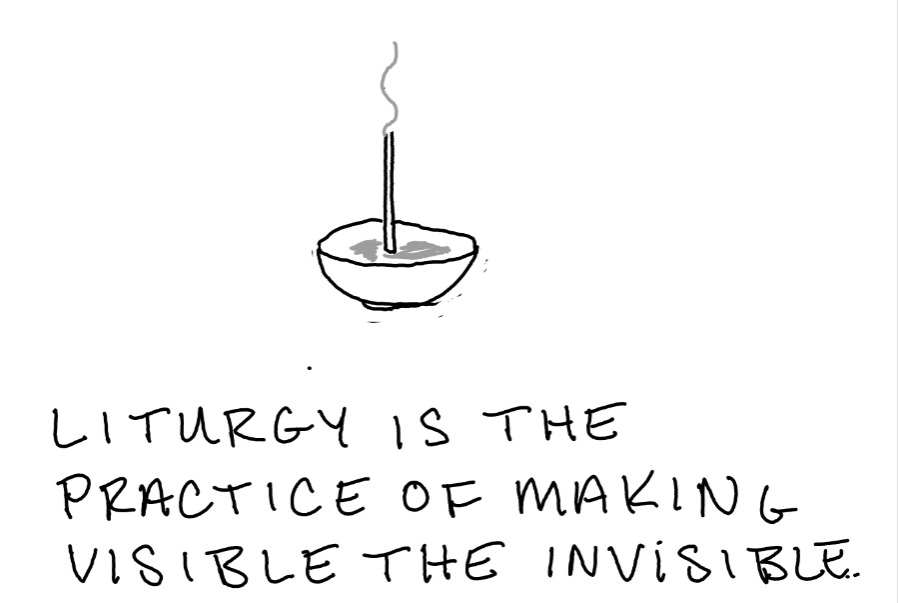
💌 I have a newsletter!
I send emails once or twice a month sharing what's new on my site and some links I've found around.
